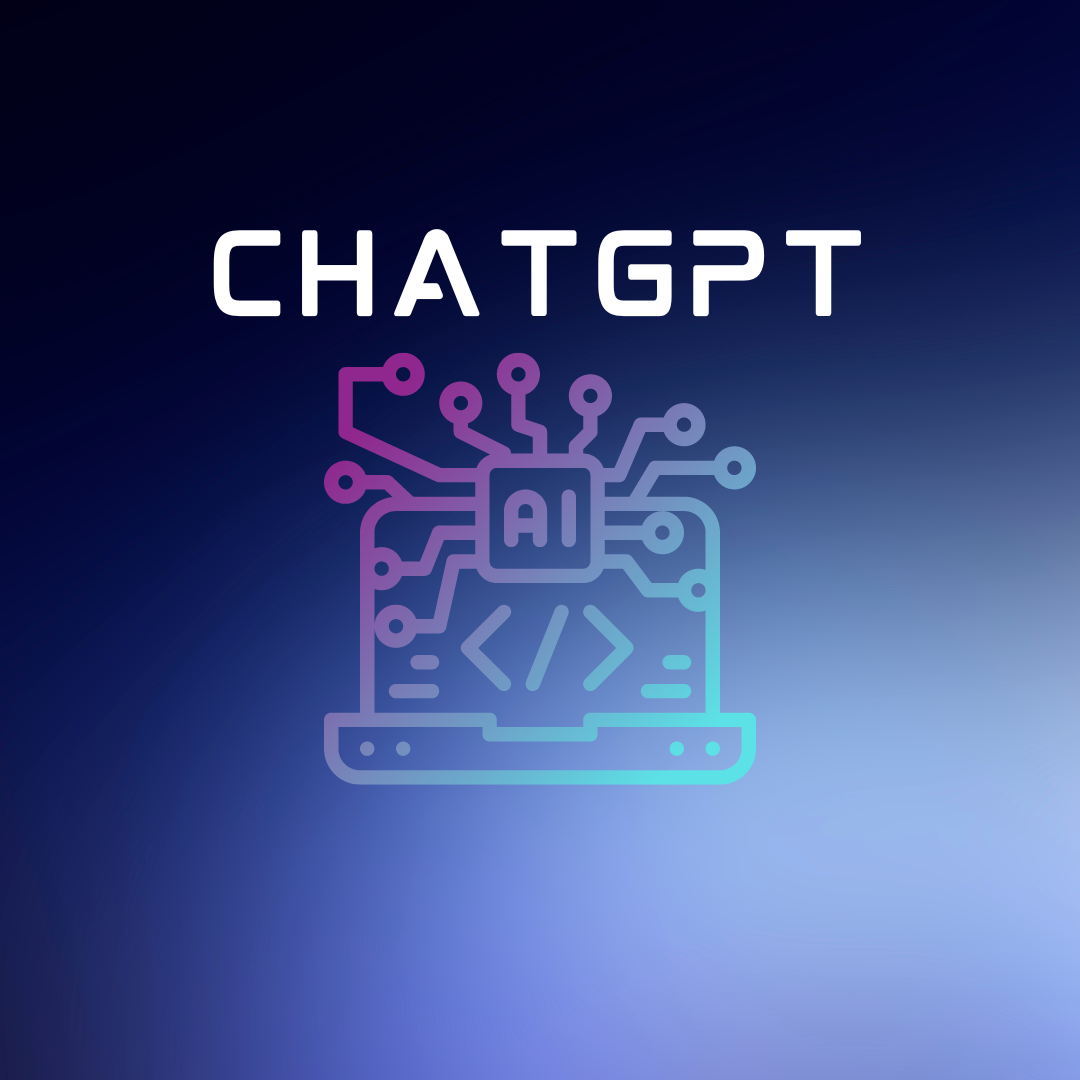New artificial intelligence program raises questions in academic integrity and ethics. Graphic by: Maddie Bataille | Photo Editor
ChatGPT, an artificial intelligence software created by a company called OpenAI, has been making headlines nationally for its ability to generate text similar to the way that humans generate language.
This has been raising a lot of questions about academic integrity at schools and universities, as well as questions about the future of jobs in our society with AI tools similar to ChatGPT becoming more easily accessible to the average human.
Madhukara Kekulandara, a graduate student intern in the University of Rhode Island’s Artificial Intelligence (AI) Lab, said that ChatGPT is not the first AI tool to generate this kind of text. In fact, the current model of ChatGPT, which was released in November of 2022, is the third version of the software to be released by OpenAI.
Not only can ChatGPT generate text and answer questions, but it also has the ability to generate and solve computer programs, said Indrani Mandal, assistant teaching professor of computer science and faculty of the AI Lab.
“It’s really transforming the way languages work, be it human language, which is a natural language, or computer languages,” Mandal said. “Which has been raising a lot of alarm in society because now we are thinking, ‘are we going to go out of a job because this AI system is now able to do a lot of these tasks?’”
The answer to this question, according to Mandal, is no, ChatGPT is not going to erase jobs in our society as the software is relatively new and has a lot of revisions to be done in order to get to that point. Mandal said that she would “not worry about it in our lifetime.”
“Every job has been evolving,” Mandal said. “Like, when computers came into play, everyone thought that the accountant was going out of a job or, you know, every secretary was going out of a job. No one really lost their job, it only made them more efficient.”
One reason that ChatGPT is not at a point where it could replace human jobs is due to its accuracy, according to her. She said that the software is a “non-deterministic” AI software, which means that for the same input, you can have more than one output. In simpler terms, if you ask ChatGPT the same question multiple times, it can generate multiple different answers for that same question.
There have been many benefits of ChatGPT and similar AI software in multiple different industries, such as technical writing and even higher education, according to Kekulandara. He said that the software could be used for automated grading or even personalized tutoring.
Another benefit of ChatGPT in higher education is its ability to summarize a text, he said. An example he used is that if a student in computer science had to take a class about journalism, something that they are not familiar with, they could ask ChatGPT to write them an essay about journalism, and it would help them understand the topic in a more generalized way.
Other ways that it could help in higher education is that it can generate quizzes for professors and it could brainstorm research topics for students, according to Kekulandara. It even has been used for language translation, according to him.
It could even be used as a “chatbot,” according to Kekulandara, that could answer students’ questions outside of office hours or outside of class.
“If a student has a question about an assignment, but it’s late at night or not at a time where a professor or TA can answer it, the student could ask ChatGPT that question and get clarification on a topic that they are confused on,” Kekulandara said.
One of the largest questions about ChatGPT is its plagiarism guidelines, with professors’ concerns growing about students using the software to generate essays and other text for class assignments. Kekulandara explained that text generated from AI is not technically plagiarism, since it is not copying the work of others, rather it is “AI-giarism,” a term being used in the AI industry.
While there have not been any cases of students using the software to cheat on class assignments at URI as far as both Kekulandara and Mandal know of, it is a possibility that this could be a problem in the future. However, according to them, there is software like ChatGPT that can detect whether or not a piece of text has been generated by a human or by AI, which can help combat the potential issue of “AI-giarism” in schools.
Overall, while ChatGPT could propose a lot of challenges in our society, it could also be a helpful tool in many different regards, both Mandal and Kekulandara said.





